Psychology Week (11-17 November 2018) aims to increase public awareness of how psychology can help people lead healthier, happier and more meaningful lives.
The theme this year is The Power of Human Connection: Connect to Thrive, with a focus on helping people to improve their social skills and connections, and enhance their relationships.
To coincide with this theme we asked researchers from UQ's School of Psychology about their research in the areas of social connections and relationships.
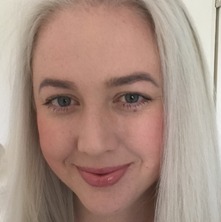 Associate Professor Fiona Barlow
Associate Professor Fiona Barlow
I am a social psychologist. My primary focus is on intergroup relations, prejudice, and discrimination. I aim to understand how experiences of discrimination can disrupt people’s lives, and how we best combat discrimination. Prejudice can focus on race, religion, sexual orientation, gender identity, or appearance – but in every case social and political connection and support can buffer people from its harmful effects.
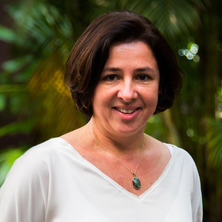 Professor Jolanda Jetten
Professor Jolanda Jetten
My research focuses on social identity, group processes and intergroup relations; specific interests include (a) stigmatised and marginalised group membership and mental health, (b) normative influence, conformity and deviance in groups, and (c) life transitions and well-being. Earlier this year I was named an Australian Research Council (ARC) Australian Laureate Fellow, and I was awarded $2.7 million for my research project 'How Human Groups Adjust to Change'.
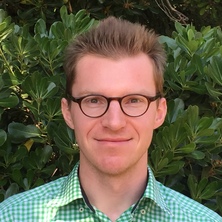 Dr Nik Steffens
Dr Nik Steffens
My research focuses on self and identity in organisational contexts, leadership and followership, motivation and creativity, and health and well-being in the workplace. Earlier this year I was awarded a Discovery Early Career Researcher Award (DECRA) from the ARC to examine how beliefs about others' social identification shape behaviour.
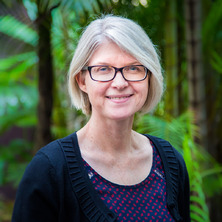 Professor Catherine Haslam
Professor Catherine Haslam
My research investigates the cognitive and social consequences of trauma and disease in neurological populations, and also on identity-cognition relationships in ageing. In this work I have addressed questions about the integrity of cognitive ability, notably memory, and its rehabilitation, but also the impact that impairment of these abilities have on personal and social identity.
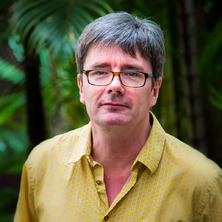 Professor Alex Haslam
Professor Alex Haslam
I am a Social and Organisational Psychologist and Australian Laureate Fellow. My research focuses on the study of group and identity processes in organisational, social, and clinical contexts. In relation to the theme of Psychology Week, one of my research interests is social processes in health and well-being: looking at the contribution of group life to stress and coping in vulnerable populations.
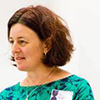 Dr Genevieve Dingle
Dr Genevieve Dingle
I am a Senior Lecturer in Clinical Psychology with a research interest in how groups and communities can influence mental health and wellbeing. This includes both formal groups (such as cognitive behaviour therapy groups, and therapeutic communities for alcohol and other drug treatment), as well as arts based groups such as choirs and creative writing groups.
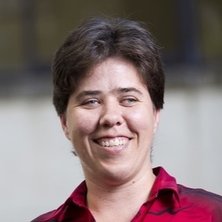 Professor Winnifred Louis
Professor Winnifred Louis
My research interests focus on the influence of identity and norms on social decision-making. I have studied this broad topic in contexts from politics, terrorism and community activism to health and environmental sustainability choices.
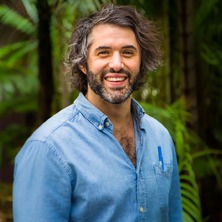 Dr James Kirby
Dr James Kirby
My focus of research is on compassion. Compassion is noticing suffering in self and others, and then doing something to alleviate it. My research has found that cultivating compassion helps significantly with mental health and wellbeing. I have also found that if you have a fear of compassion it makes you vulnerable to mental health difficulties, such as depression. I examine compassion in parenting, compassion in children, and the links between secrecy and compassion. In 2019 I am starting a trial of a new Compassion Focused Therapy 12-week group program to help individuals who struggle with body weight shame.



